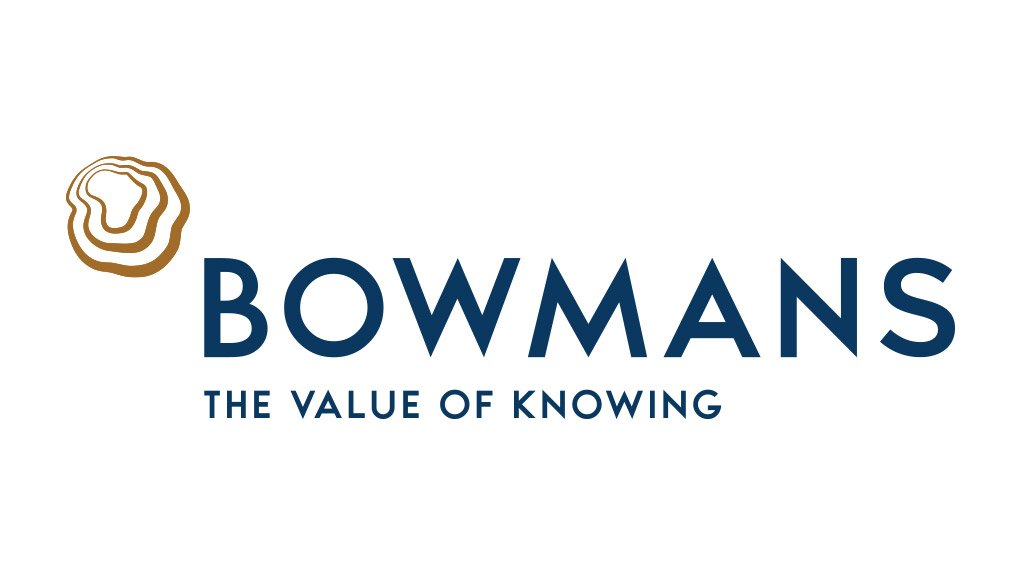On 20 June 2025, the High Court in David Calleb Otieno & Others v Attorney General & Others (Petition No. E519 of 2024) declared several provisions of the Public Benefit Organizations Act, 2013 (PBO Act) unconstitutional. It held that requiring NGOs previously registered under the repealed NGO Coordination Act to re-register under the PBO Act, mandating disclosure of donor and member data, and imposing compulsory membership in the National Federation of PBOs were all in violation of the Constitution.
Legal Background
The PBO Act came into force on14 May 2024 by Legal Notice No. 78 of 2024, replacing the Non-Governmental Organisations Co-ordination Act, 1990 (NGO Co-ordination Act). However, the regulations to operationalise the PBO Act are yet to be enacted. The Public Benefit Organizations Regulatory Authority (the Authority) on 12 June 2024, published the draft PBO Regulations, 2025 (accessible here), which are currently undergoing public participation prior to formal enactment.
On 16 May 2025, the Ministry of Interior and National Administration extended the transition period under Paragraph 5(1) of the Fifth Schedule to the PBO Act to 13 May 2026.
Key Findings of the High Court Judgment
1. Re-Registration Requirement Declared Unconstitutional
The Court declared unconstitutional the requirement under Paragraphs 5(1) and 5(2) of the Fifth Schedule to the PBO Act that NGOs registered under the repealed NGO Co-ordination Act must apply afresh for registration as PBOs. It held that this obligation violated the constitutional right to fair administrative action, the principle of legitimate expectation, and the freedom of association, amounting to disproportionate administrative interference, particularly in the absence of allegations of non-compliance or procedural breach against an NGO.
The Court ordered that all NGOs validly registered under the repealed Act be automatically recognised and registered as PBOs by operation of law, preserving their legal personality and operational continuity.
2. Protection of Personal Data and Privacy
The Court declared section 32 of the PBO Act unconstitutional for unjustifiably infringing the right to privacy under Article 31 of the Constitution. The provision required PBOs to disclose personal information about donors, beneficiaries, and members without adequate safeguards. The Court held that these blanket disclosure requirements were disproportionate, lacked clarity, failed to distinguish between public and sensitive data, and conflicted with the Data Protection Act, 2019 and international standards on donor anonymity.
In the wake of the July 2024 request by the Ministry of Foreign and Diaspora Affairs to the Ford Foundation, seeking information on its grantees, funding activities, and related programmes, the Court’s decision affirms that while transparency and accountability are legitimate regulatory goals, they must be pursued in compliance with constitutional safeguards, and must not compromise personal privacy or freedom of association.
3. Compulsory Federation Membership Declared Unconstitutional
The Court also declared unconstitutional Sections 21(1) and 21(9) of the PBO Act, which compelled all registered PBOs to join the National Federation of PBOs. These provisions were found to infringe the right to freedom of association under Article 36(2) of the Constitution, which guarantees that no person may be compelled to join an association of any kind.
The Court held that compulsory membership in a national umbrella body was not a justifiable limitation, noting that civil society is inherently diverse, and PBOs should remain free to operate independently or affiliate with other networks based on their mission, values, and constituencies. The Court clarified that while the National Federation may continue to exist and serve coordination functions, PBO membership must be strictly voluntary, and no PBO shall suffer regulatory disadvantage or denied benefits for opting out.
4. Governance Provisions Inconsistent with the Constitution
The judgment declared unconstitutional provisions relating to the governance of the PBO Authority Board and the PBO Disputes Tribunal, citing a lack of institutional independence, inadequate appointment procedures, and conflicts of interest. The Court found that these structures, as currently constituted, failed to meet the constitutional standards for bodies exercising regulatory or quasi-judicial authority under Articles 50, 160, and 172 of the Constitution.
Conclusion
These declarations have immediate legal effect, rendering the impugned provisions unenforceable. NGOs previously registered under the repealed NGO Coordination Act are now legally recognised as PBOs by operation of law, without the need for re-registration or risk of penalty for non-compliance. However, the practical implementation of the PBO Act, particularly regarding compliance, reporting, and enforcement, remains ongoing, pending the enactment of the regulations currently undergoing public participation. On 16 May 2025, the Ministry of Interior and National Administration extended the transition period for NGOs to comply with the PBO Act to 13 May 2026. While the legal transition of NGOs is now automatic, the extension implicitly provides operational breathing space, allowing time for the finalisation of the regulatory framework.
Written by Rainbow Field, Head of M&A and Director, Employment and Elaine Kinya, Associate, Bowmans Kenya
EMAIL THIS ARTICLE SAVE THIS ARTICLE ARTICLE ENQUIRY FEEDBACK
To subscribe email subscriptions@creamermedia.co.za or click here
To advertise email advertising@creamermedia.co.za or click here











